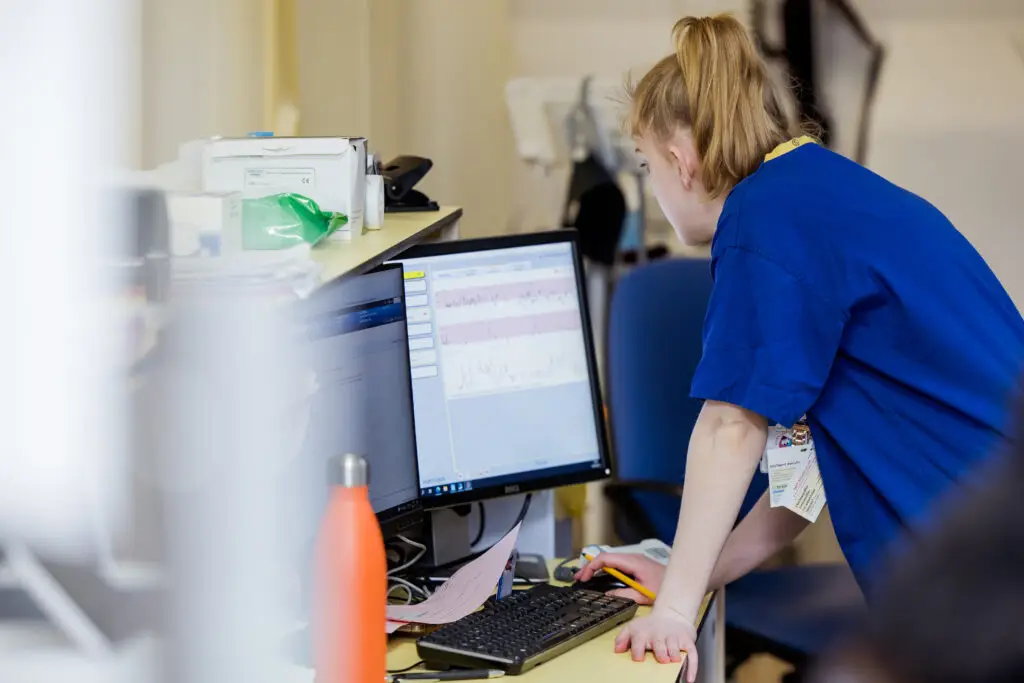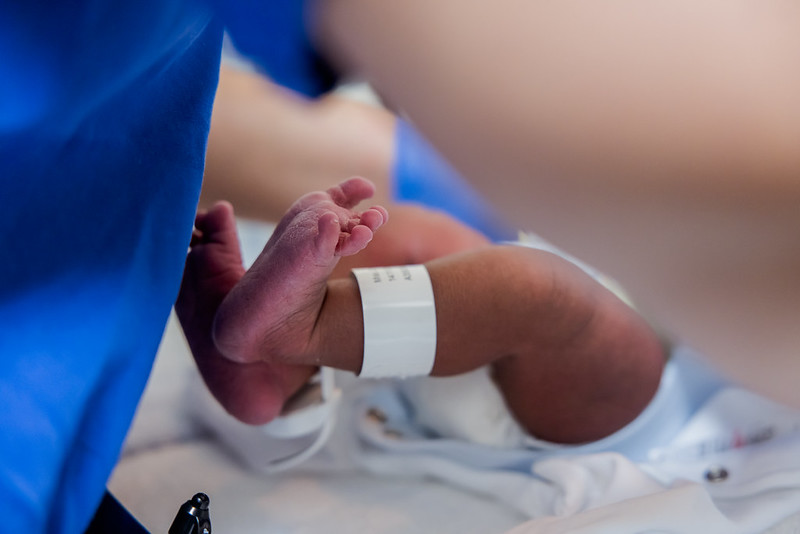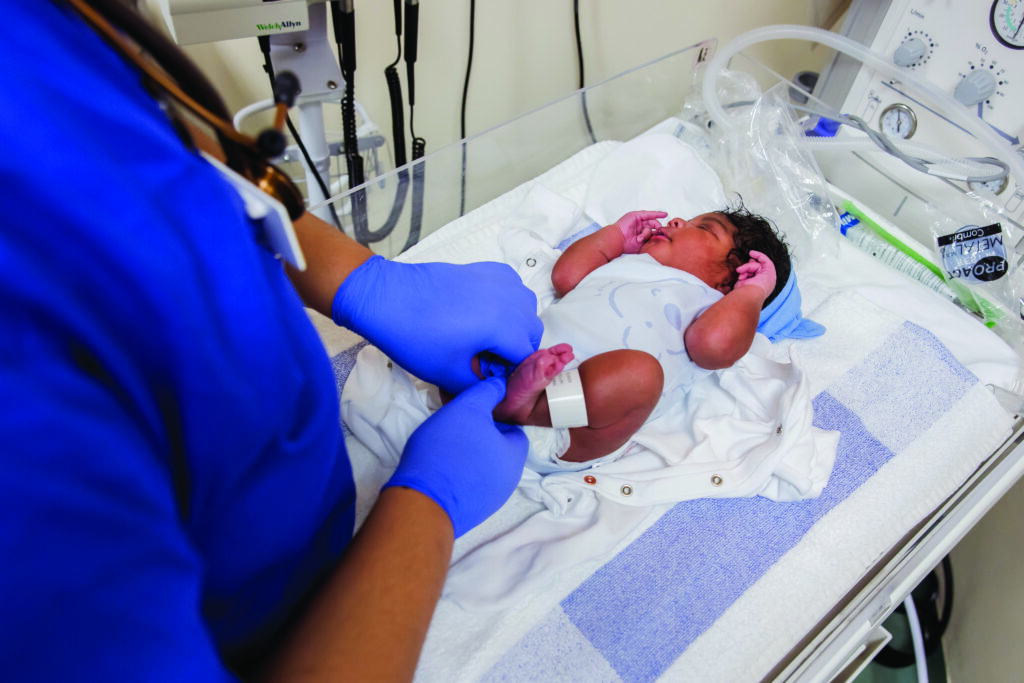Last week saw the Prime Minister and Secretary of State for Health and Social Care unveil their ambitious 10-year plan for England’s NHS, though we may have to wait a little longer to know what the future holds for maternity services.
The plan, Fit for the future: 10 Year Health Plan for England, has been months in the making and follows widespread consultation with staff, patient advocacy groups, charities, trade unions, and the general public.
The RCM, working with other maternity organisations, had been pushing hard for it to include plans for how to improve England’s maternity services. The need for this was underlined earlier this month when new official figures confirmed that once again births in England are on the up. This, combined with growing complexity, underscores the need for more resources for our maternity services, including more midwives.
Such are the pressures in maternity care however that instead of setting out substantive plans for the service in their 10 Year Health Plan, the Government announced a rapid review of NHS maternity services in England. This will examine up to 10 Trusts needing improvement and will look at the various reports that have been published in recent times, such as the Ockenden Review into Shrewsbury and Telford.
It has been confirmed in Parliament that the review will produce, by Christmas, one set of national actions, which will take primacy over previous recommendations from earlier reviews.
Alongside this, the Government has set up a National Maternity and Neonatal Taskforce, chaired by the Secretary of State. It has also been confirmed in Parliament that this group will produce an England-wide plan to drive improvements across maternity and neonatal care, and will include staff representatives.
This does mean a clear plan of action to improve maternity care is further delayed. We had hoped it would appear in the 10 Year Health Plan. On the other hand, rather than being a short chapter in the plan or a few scattered paragraphs throughout it, maternity care will get its own standalone plan for improvement, produced by a group headed by the Secretary of State personally. In a sprawling NHS, this means maternity has the priority that the RCM has long been calling for.
What is more, some have criticised the Plan as heavy on vision but light on the detail of how that vision will be delivered. Over the next few months, we can work to ensure that the plan for maternity is heavy on both – what needs to be achieved, but also how it will be achieved.
This focus on maternity care may feel unnerving, but the system needs to be prioritised if we are to see the improvement we know is needed, and it is only through this high-level focus – in this case, it does not get much more high-level than the Secretary of State himself – that we will see the service getting what it needs.
We want this process to be constructive, focused on how we all work together to improve NHS maternity services in England. We will be offering ideas for what better, safer maternity services look like. The next few months will be busy, but we will be working flat out to see this process deliver for maternity services, the women and families who rely on those services, and the midwives, maternity support workers and others who work 24 hours per day, seven days per week, 365 days per year to deliver it.


